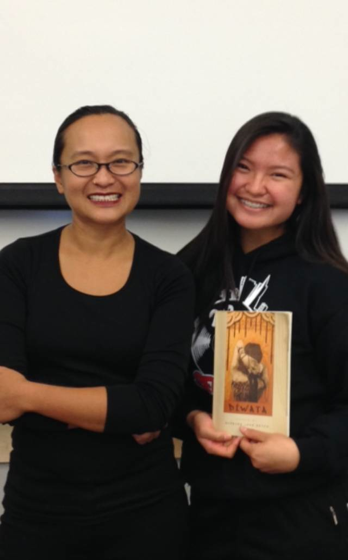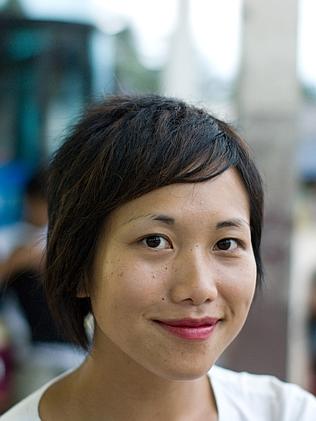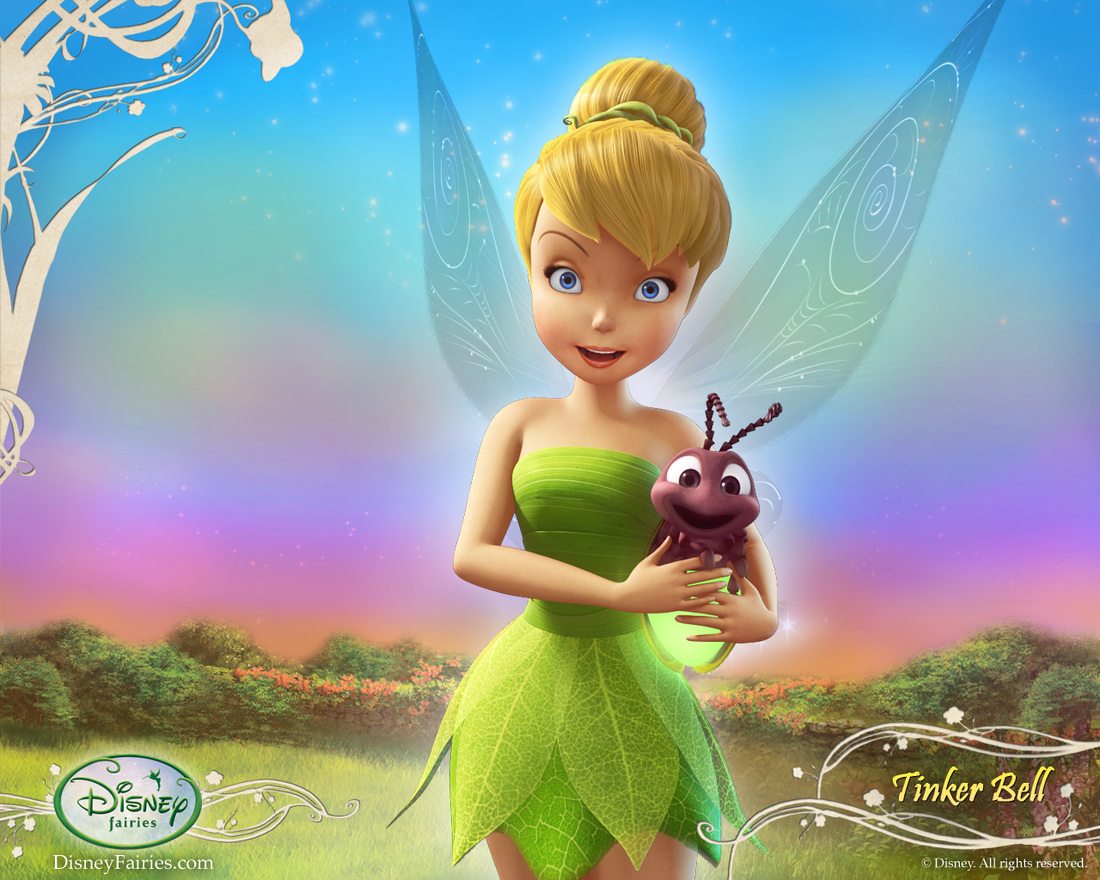Prompt: Would you adopt a child of a different race?
When a family decides to adopt a child, many factors are considered, including age, gender, and inevitably, race. For me, the special consideration of race before adoption has nothing to do with racism or discrimination. Just the opposite, taking race into consideration before adoption is a necessary act that reflects the family’s sense of responsibility.
Kids if different racial group have distinct concepts and their own ways of living. They have right to choose to be loyal to their racial identity and grow in the communities they really belong to, instead of being forced to become someone else. For example, if I adopt a Latino kid and raise him in an Asian community, he may experience a gap between him and his Asian peers, which cannot be neglected. It will be hard for him to orient in the society, to develop a real sense of belonging, and to identify himself as either Asian or Latino. It’s much too idealistic, impractical, simplistic and irresponsible to say that race should not be a factor in adoption.
--- Jiaqi Liu

With the awesome Ms. Barbara Jane Reyes herself! :)
Hi everyone,
I just wanted to recap and share my reaction to Ms. Reyes's visit and presentation last week.
Before meeting Ms. Reyes, I honestly did not understand her book or why her incorporation of myths, magical elements, references to the aswang and diwata, and aspects of feminism were all significant to both her book and her perspective as a poet/writer. However, after her lecture last Thursday and detailed explanation of why she brought in and emphasized the certain aspects of mythical creatures famous in Filipino folklore and aspects of feminism, I had a better understanding and respect for both her book and her as a writer.
Simply put, I think Ms. Reyes is awesome! To me, she represents more than a Filipina women or "pinay" living in the U.S. To me, she is representative of the strength, boldness, and even fierceness often times hidden deep within every woman. Being a Filipina myself, I often times don't get the opportunity to study, let alone even have exposure to, Filipino-American literature, which I believe Ms. Reyes's book represents. Reading her book and meeting her in person, was definitely a refreshing and humbling experience. Ms. Reyes has such a unique and strong perspective and opinion on how she wants to not only create a space and voice for women to have, but to also make sure that her voice, as well as other women's voices, are heard. I loved hearing how much she questions why being a woman makes her feel more vulnerable walking around Berkeley, for instance, and how that's "not okay with [her]." Hearing her talk about her experiences of feeling inferior growing up simply because she is a woman, also reminded me of the times I encountered similar experiences of sexism. This past summer, for instance, I volunteered at a Medical Mission in the Philippines. During one of the volunteering days in the minor surgery department, I remember being suited up in my surgery cap, surgery mask, and sterilized gloves excited ready to help doctors operating on patients. I remember standing next to another volunteer who happened to be a guy. Despite my excitement and preparedness, however, when it came time for the doctor's to call on a volunteer, the doctors kept calling on the male volunteer. I, on the other hand, was never called on. I stood around for what seemed like an hour until I finally walked away from my post. I walked back to my mom in the registration department upset and frustrated that I was not given the opportunity to help out despite their "need for volunteer assistance in the minor surgery department." In that instance, I seriously felt that some of the doctors were being sexist, simply preferring and only choosing to work with the male volunteer... because he was male and looked more qualified and knowledgeable to help out. It frustrated me even more because I remember waiting right in front of the tables next to the doctors anxiously waiting to be called whereas the male volunteer sat around not even seeming half as eager as I was to help out.
"Is it because I'm just a girl; a recent graduate from high school, with not much 'clinical experience?'" I remember asking my mom. "You just have to get back in there and be more persistent, anak. You'll get your turn, trust me."
And after letting some of my anger pass, I went back into the minor surgery department this time channeling my frustration into determination to be heard and chosen to work as a volunteer. I made myself get noticed, explicitly asking each of the doctors if I could help; after what seemed like hours I finally got my opportunity to help.
Thus, this particular experience of having to work harder than that male volunteer just to be heard and noticed by those doctors reminds me of how Ms. Reyes's mom told her the same thing I experienced: that because she's a woman she'll have to work twice as hard as a man in this world. And just like Ms. Reyes...I'll always wonder: Why?
Why is it that woman are still viewed as inferior to men, rather than being equal beings in this world?
Even though Ms. Reyes probably won't see this blog post of mine, I would just like to say thank you Ms. Reyes for not only visiting our class and sharing your perspective on the world and your beliefs of feminism, but for also further opening my eyes and making me, once again, aware of the inequalities that also continue to exist between men and women of our society today. You rock, Ms. Reyes! And I'm hoping that you will continue to represent the voice of all the strong woman of our society, the women that often times don't even have the voice or power to be noticed, heard, or appreciated in this world.
-Abigail Huliganga
Prompt: should we forget the past and only live for the future? Why or why not?
Though immersing ourselves in the past memory, no matter success or failure, usually results in stereotypes, we should never cut our past off and live only for the future.
Indeed, the world changes rapidly. There may be debate over whether the past experience is too old to be referred to when we deal with today’s problems. In fact, however, things happen in norms; people behave in patterns. We can always find similarities between our previous and present experiences. By learning history, for instance, we try to figure out the rules of human development, and use the theories established to make today’s society a better world. Both economics and statistics focus on previous data. Economists and statisticians come up with theories, which can be effectively applied, to the modern world by collecting, analyzing and interpreting data.
Therefore, it’s quite obvious that by drawing lessons and summarizing successful experience from the past , we can do better and achieve higher in the future.
--Jiaqi
I thought Barbara Jane Reyes’s presentation last Thursday was really helpful because I was very confused the first time I read Diwatta. After she talked I definitely gained a better understanding of her intentions and the message she was trying to convey through Diwatta. There were 3 major points she made that caught my intention:
1. Fairies and mermaids
Reyes mentioned how if you ask a Filipino what “diwatta” means, they would translate it to “fairy”. However, this would be an inaccurate translation because the fairy that diwatta refers to doesn’t match society’s current idea of a fairy. Diwatta refers to fairies that are dark, fantastical creatures, whereas fairies in modern culture refer to creatures such as Tinkerbell. The same misconception occurs when Reyes talks about mermaids in her poems. The mermaids that appear in Filipino myths resemble sirens that intend to deceive you. However, our idea of mermaids comes from Ariel, the Little Mermaid. This difference in meaning of fairy and mermaid shows how mainstream media, such as Disney, shapes our understanding of mythical creatures.
2. Pinayism
I had never heard the term “pinayism” before. This is probably because the topic is always overshadowed, just how Reyes mentioned. Pinaysim must compete with male Filipino writers, Asian feminism, and other Asian literature. I guess I was just surprised that there existed a term for something as specific as Filipino feminism.
3. Method
I found Reyes’s method of writing poetry very interesting. When she went to the Philippines to inquire about traditional myths, people didn’t give her complete answers. Maybe it was taboo to ask details about the myths because then it appeared that she questioned their legitimacy. Whatever the reason, I thought it was innovative that she filled any gaps in the myths with her own creativity. This way, she rewrote traditional Filipino myths but personalized them.
- Michelle Fong
I really enjoyed the talk Ms. Barbara Reyes gave about Diwata. I learned that it's refered to a mythical creature. I then googled the term and I saw on Wikipedia that Diwata means like a nymph or a diety that are "benevolent or neutral and invoked ritually for positive crop growth, health, and fortune; they may also incur illness or misfortune if not given proper respect." I find it really interesting on how Ms. Reyes was talking about how these mythical creatures are generally spoken about in terms that they are not benevolent, but rather these evil creatures. So, I decided to google images about a diwata, and sure enough, I saw mainly pictures of fairies that didn't look at tinkerbell at all. In fact, they looked very fierce and ferocious. Attached here is one of the fierce pictures of the fairies that I saw on google images.
Actually, I decided to google the origin of the term Fairy and it turns out that the Fairy, is like a mythical creature and was used often in European folklore. The interesting part is that in European Folklore, fairies were malicious and mischevious. They are also depicted as "trolls". Thus, it goes to show that probably, originally, fairies were not these innocent, cute creatures, but rather creatures in folklore used to scare people. Thus, I figure that Disney completely changed the original concept of a fairy into someone being very happy, bright, and sweet (Tinkerbell), for reasons that their movies were made for audiences full of kids and thus they didn't want to scare them. So, at least now I now that the original type of Diwata...er fairy, as Ms. Reyes implied, is actually quite ferocious.
-Syeda Fareeda Inamdar
In Lands and Times of the Distant Past; they were formed,
stories about beings made of magic,
all within so-called myths.
Oh, how lovely the muses sing these myths,
tales brought to life and taking form,
a transcendence of magic.
Yet, is there any truth in magic,
do magical things exist or they just a myth,
what is truth if they cannot take forms.
Without a form, how can we accept the magic within myths, is it all just a Dream?
-JLL
Despite not being Christian nor Catholic, I have studied several biblical stories, and their significance. I've learning the influences biblical stories have on literature in history, and today. Many stories uses biblical allusions to symbolize either the origin of humanity, good versus evil, and many other things. Biblical stories are used and told throughout many different type of literature. From poems, to story, to songs, and even oral myths. Despite being exposed to many of these stories, I have never realize how patriarchal these stories are. It's mostly talked through the perspective of male characters. It glorifies one gender and ignore the other. I have never really pay attention to the fact that eve did not have a voice in biblical stories despite being so important. She is the start of humanity, yet she didn't speak at all. Just discovering that out really opens up my mind to how woman was portrayed. As the result of this I was able to re-read the poem "Eve Speaks" with a different perspective, and understood how significance the title actually is. I finally see the how Barbara Jane Reyes was indeed very clever with her poems.
-Huu Pham
A new book recently came out called Banana Girl. In her book, Lee explores her "sexual adventures to coming of age and cultural expectations."
Lee's cultural heritage is that of the Hmongs from Laos. Her parents were immigrants to Australia.
The purpose of writing the book, as Lee says, is to "dispel the myths and stereotypes around Asian culture in Australia." In particular, she notes that racism is still a large issue and that "Asians like sex too."
To read more about her book, and if you are interested in purchasing the book for further enjoyment, check out the link below.
http://www.heraldsun.com.au/entertainment/books/author-michele-lee-lifts-the-lid-on-life-as-a-young-asian-woman-growing-up-in-australia/story-fni0b82m-1226761987348
 Author Michele Lee (Source: Supplied) -Rachel Chung
http://online.wsj.com/news/articles/SB10001424052748704111504576059713528698754
http://shine.yahoo.com/parenting/kids-of-tiger-moms-are-worse-off-183645852.html#!ohUKb
These are relatively old articles, but I was thinking about them once again because I thought they fit nicely within the scope of our class, regarding stereotypes and expectations pushed upon certain races. The articles talk about the "Chinese Tiger Mom" who controls everything her child does to ensure her ensure excels academically. The result is, yes excellent grades, but loss of personal freedom and individualism--things that are very highly valued in American culture. The two articles present the opposing arguments on the topic: that that parenting style is overall detrimental to the mental health of the child versus that the child's success outweighs any seemingly cons. They were very interesting reads!
-Megan Wong
In an ideal world, race would not be a factor because I and my adopted child would feel no social pressures in regards to race. However, as much as we wish this, it wouldn't be the case, unless we lived in a progressive neighborhood/city. Therefore, I personally would not adopt a child of a different race because I do not want my child to feel like an outcast in society. He/she would not be able to have a connection with his/her culture. Although I may be able to help him/her assimilate into the Chinese culture, he/she will never truly fit in due to ethnic differences, and may be viewed by members of his/her adopted extended family as an outsider. I would never willingly and knowingly submit a child to that kind of a life-long stress.
However, in a side note, if I DID live in a progressive area (like the Bay Area!), I would consider it.
-Megan Wong
|




 RSS Feed
RSS Feed